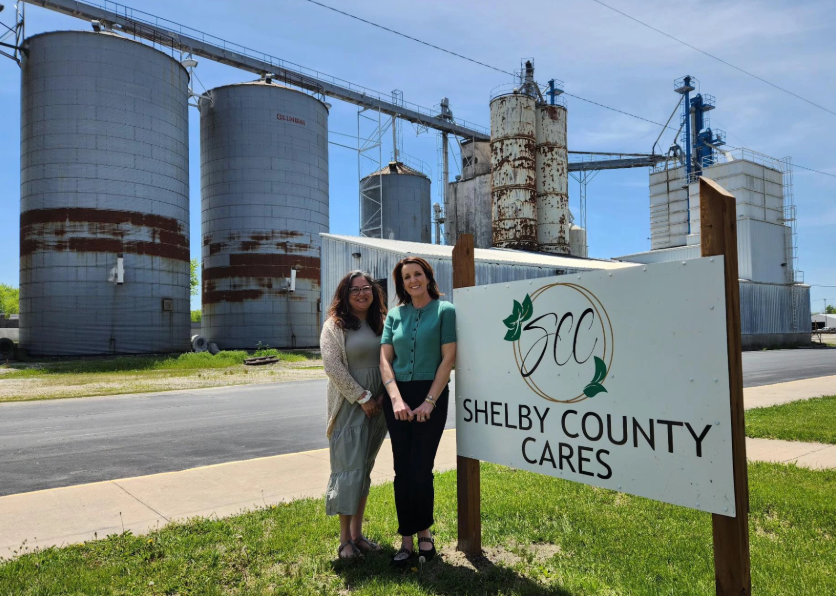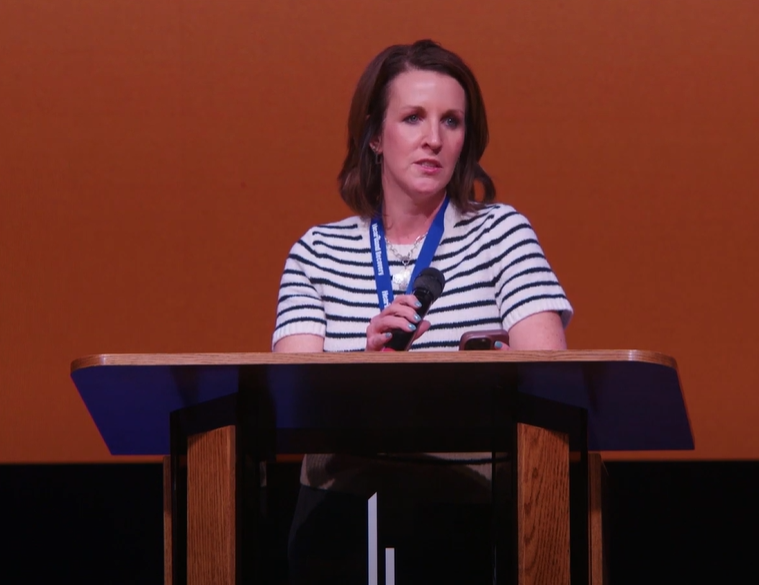The Power of Proximity: Trusted Messengers in Rural Suicide Prevention
In rural Missouri, where conversations about mental health and firearms can be tough to start—and even harder to sustain—trust isn't just helpful. It's essential. That’s why the work of Shelby County Cares (SCC), a grassroots nonprofit in Shelby County, is so powerful. In February, The Chronicle of Philanthropy spotlighted two SCC leaders—executive director Jolie Foreman and clinical social worker Lilly White—for their role as “trusted messengers” working to prevent firearm suicide in rural communities.
Trusted messengers are community members whose personal credibility and deep local ties help them introduce ideas that outsiders may struggle to convey. Trusted messengers aren’t outsiders with polished messaging, they’re neighbors, relatives, and familiar faces whose presence can open doors that formal interventions often can’t. Their credibility is built through lived experience and long-standing relationships.
At SCC, these relationships are central to how the organization opens doors for meaningful conversations about mental health, gun safety, and community well-being. For Foreman, it’s this sense of familiarity and mutual understanding that allows deeper conversations to happen.
“When somebody trusts you, they’re more likely to open up. That’s a lot of what we do," Foreman said. “We know we have a unique position, that people are more willing to have conversations with us because they’re not somebody from out of town, or that has no knowledge or understanding of the work that goes into farming in general, or being the farmer’s wife– it's not easy.”
Foreman and The Chronicle of Philanthropy article convey a powerful truth: in small towns, the people best positioned to talk about mental health and firearm safety are often those already known and trusted by their neighbors.
Learning from Others, Validating the Work
In addition to highlighting SCC, the article featured a range of community organizations working on safe gun storage to prevent suicide in rural communities. For White, seeing their work alongside others helped affirm the shared struggles and strengths of rural suicide prevention efforts and offered her encouragement and validation.
“With this article in particular, it was important that there were so many other nonprofits across the United States in rural areas, so it gave us an opportunity to see what they were doing and for them to see what we were doing as well,” she said. “These other nonprofits know how hard this work is and how difficult it is to be out there in the rural communities, so I think it reinforces and validates what we’re doing.”
Looking Ahead: Safe Firearm Storage, Less Stigma, More Safe Spaces
Foreman and community engagement specialist Amanda Strange shared their hopes for greater public awareness of safe storage, reducing stigma, and fostering a safe space for people seeking help. They believe education and awareness are a key part of creating a culture of care and safety
“The more it’s talked about, the more we can normalize the conversation and reduce the stigma around suicide in general and bring more awareness to the different ways we can make sure our communities are safe,” said Foreman.
“…Education about safe storage, thinking about those things you don't normally think about,” said Strange. “My sons have friends over all the time, so not only being mindful of people in your home, but the people that visit your home.”
“It’s about being a safe haven for someone who is concerned about another person,” Strange said when describing Shelby County Cares. “Being that avenue for someone and saying, ‘Hey, we can help you out.’”
If you’d like to learn more about Shelby County Cares and their efforts to prevent firearm suicide, reach out at shelbycountycares@gmail.com or 573-494-2280.


